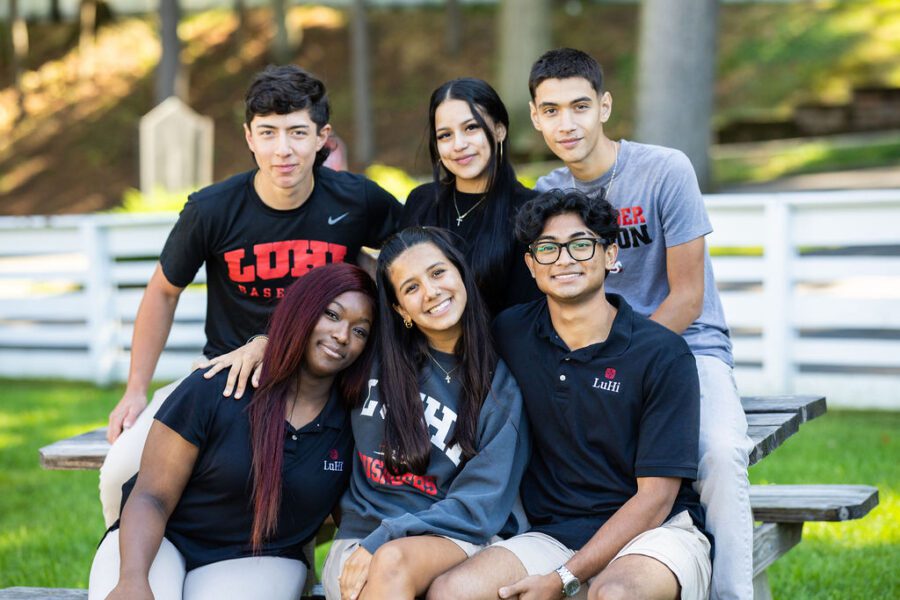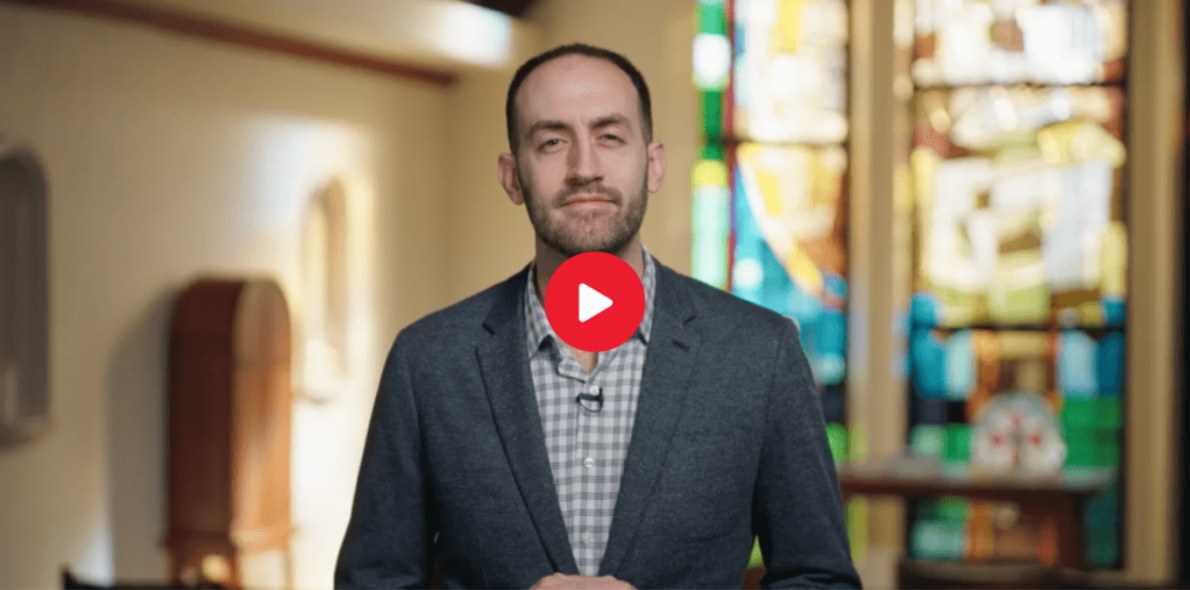Selecting Courses
It’s that time of year again: the time when we begin to plan and prepare for a new school year. On a large scale, this means sharing course possibilities and beginning to develop the master schedule. On a smaller, individual scale, this means engaging each student in selecting courses. At LuHi, we value a 3-pronged partnership: (1) student; (2) family; (3) LuHi team members. Together, this partnership helps set and maintain a course focused on individual student growth and development as each student becomes who God intends them to be!
Upon enrollment at LuHi, each student is assigned a counselor who will walk alongside your family and support the decision-making process. In order to best partner with a counselor, we’ve compiled a list of tips (HOPES) for preparing to make decisions about course work! Hint: all will work best if you can carve out some time to sit down and talk, preferably without distraction or looming timelines.

H.O.P.E.S.
- Be Honest. A good place to start is to have an honest conversation about your student’s goals and interests. Some possible questions to ask include: What do you want to be when you grow up? What causes do you identify with? What problems exist that you would like to solve?. Jot down what comes to mind. Consider some simple interest inventories to prime your student for conversation.
- Career Zone Interest Inventory
- Through Naviance (for HS students), you can access an interest inventory by following the instruction below:
- Click on Naviance box in the Resources tab of your myLuHi account
- In the upper right hand corner, click on “About me”
- Click on “My Assessments”
- Click on “Do What You Are” and/or “Strengths Explorer”
- Be Open. As a parent, we sometimes have preconceived ideas about what the future holds for our children. Perhaps these have been part of the narrative since your student was much younger. During these conversations, it can be challenging to reserve judgment, especially if your child’s interests are not in line with your own ideas about their future. Perhaps this is the time to take the role of note-taker, jotting down their ideas, asking questions, and prompting your child to be honest with you about their interests and goals!
- Be Patient. Developmentally, children and adolescents are at all different places in their thinking about career and educational futures. Some are confident and set on a particular pathway, while others are not thinking of the future in the same ways, and perhaps are not ready for a concrete plan. Instead, they may be ready to dabble in a bunch of different areas. Whether your students falls into the first camp or not, here’s a cautionary tale: Around the beginning of middle school, I (Mrs. Raba) would tell anyone and everyone I wanted to be a veterinarian. Fast forward to my senior year of high school, when my Anatomy and Physiology class, and the lab requirements in particular, helped me to realize, quickly, that this was not in the cards for me. Fast forward to college, where I remained an “Exploratory” major until my sophomore year, when it became clear that Education was the pathway for me.
- Be Engaged. However much we want to allow our students to discover their passions, there is also a need for true engagement. While our middle school and freshman classes are essentially “set”, students will need to choose Fine Arts and World Language pathways. As sophomore year comes into focus, students will be able to pursue Advanced Placement courses in various disciplines, and elective courses in virtually all departments. The core requirements provide a foundation for discovering interests and passions, and electives help to support a well-rounded set of experiences that will serve students well as they pursue their post-secondary education. Our course catalog provides insight into the courses, and our counselors, teachers, department chairs, and administrators, as well as fellow students, are available to support students and families in determining and prioritizing desired coursework. It’s important to note that LuHi does not run each course every school year, so taking time to prioritize courses and communicate with counselors can help ensure that each student is able to take advantage of as many valuable course opportunities as possible!
- Be curiouS. Throughout the process, regardless of role, each member of the partnership is advised to be curious. Ask questions, and take chances on courses that may not readily seem of interest. Each elective course offers skill development and experience beyond the specific department where it falls – for example, Communications in the Real World provides opportunities for all students, regardless of expected career pathway, and International Relations can be of benefit even if one is not studying political science or the like. Curiosity in this stage of life can spark latent interest and passion. Who knows what might come of taking a course in Website Design or Marketing, Statistics or Computer Science? Now is the time!








